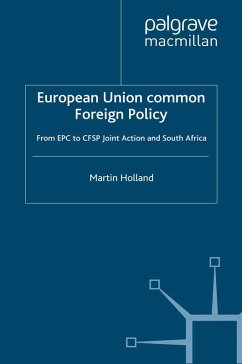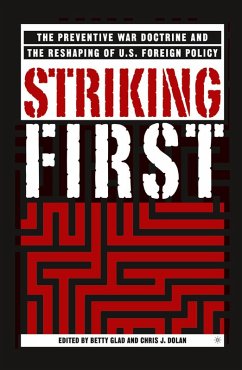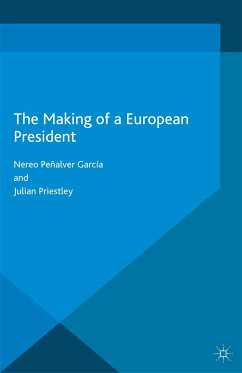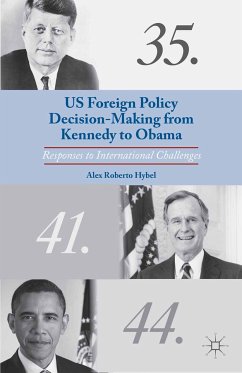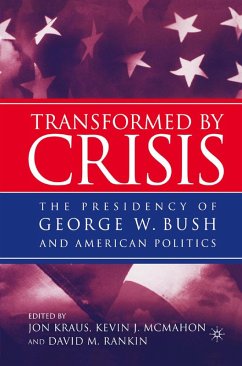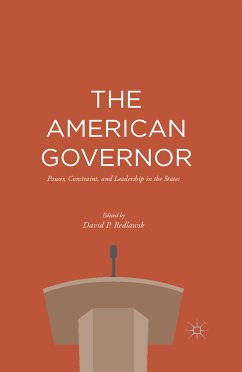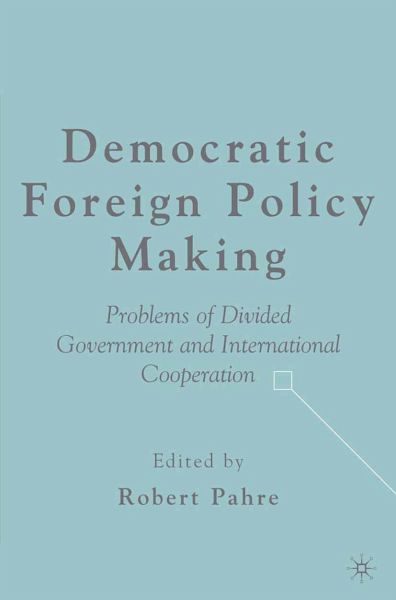
Democratic Foreign Policy Making (eBook, PDF)
Problems of Divided Government and International Cooperation
Redaktion: Pahre, R.
Versandkostenfrei!
Sofort per Download lieferbar
40,95 €
inkl. MwSt.
Weitere Ausgaben:

PAYBACK Punkte
20 °P sammeln!
Leading scholars from the United States and the European Union examine how democracies make foreign policy when their citizens disagree. The authors focus in particular on differences of opinion between the legislature and the executive - often called 'divided government' - and the constraints of public opinion on a leader's actions.
Dieser Download kann aus rechtlichen Gründen nur mit Rechnungsadresse in A, B, BG, CY, CZ, D, DK, EW, E, FIN, F, GR, HR, H, IRL, I, LT, L, LR, M, NL, PL, P, R, S, SLO, SK ausgeliefert werden.



